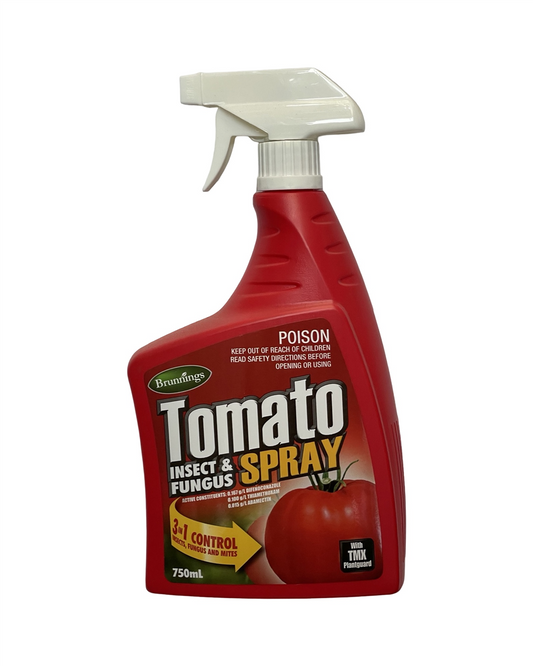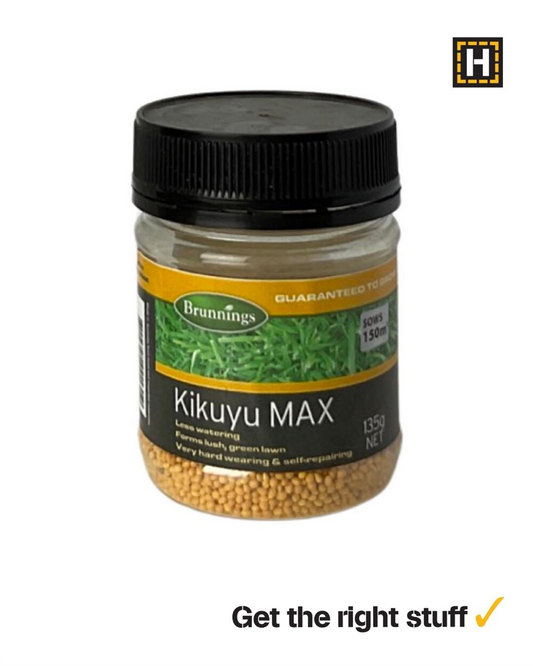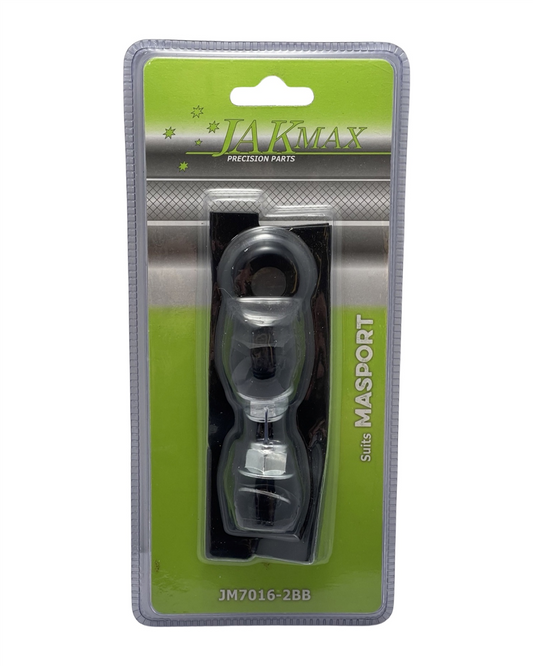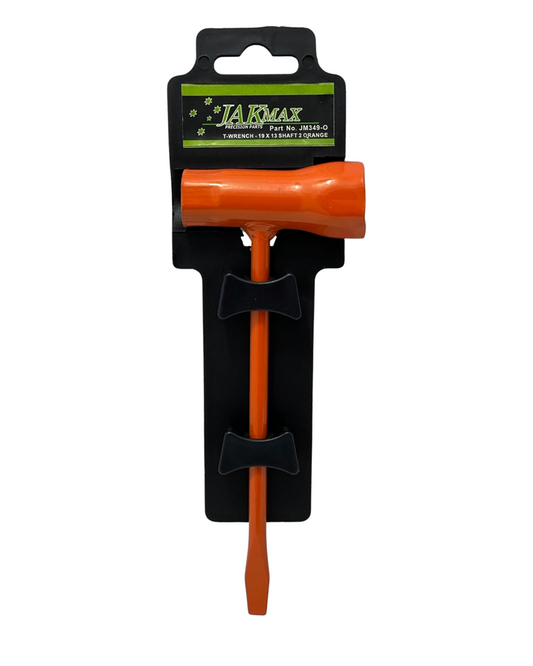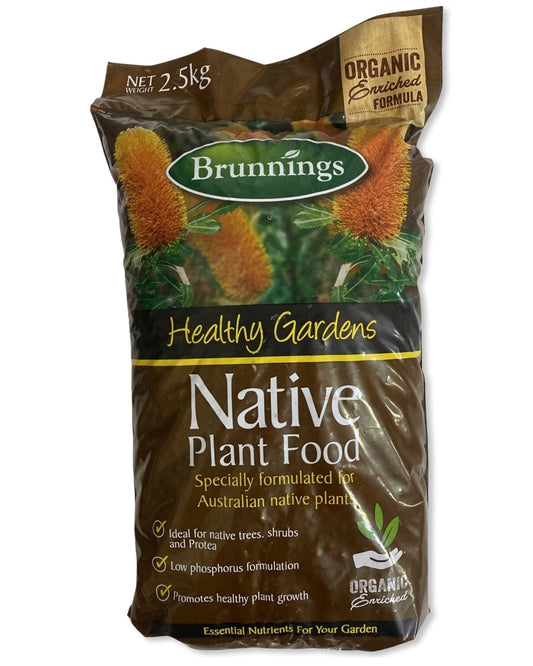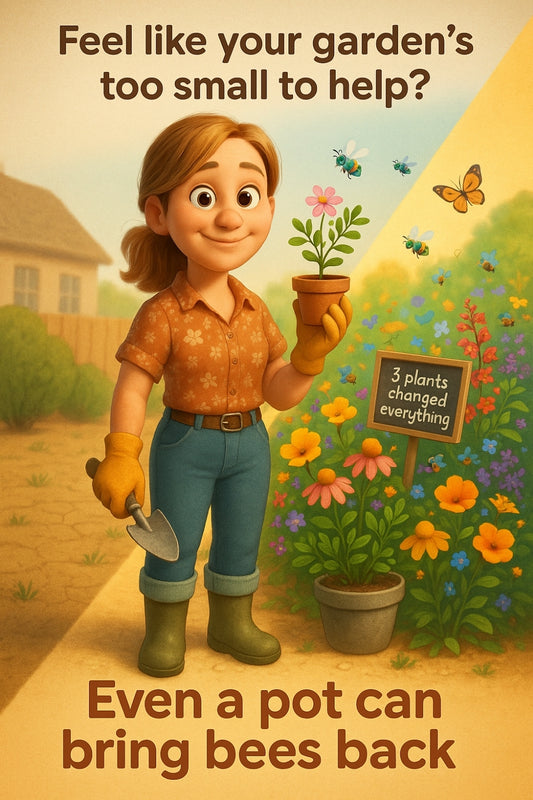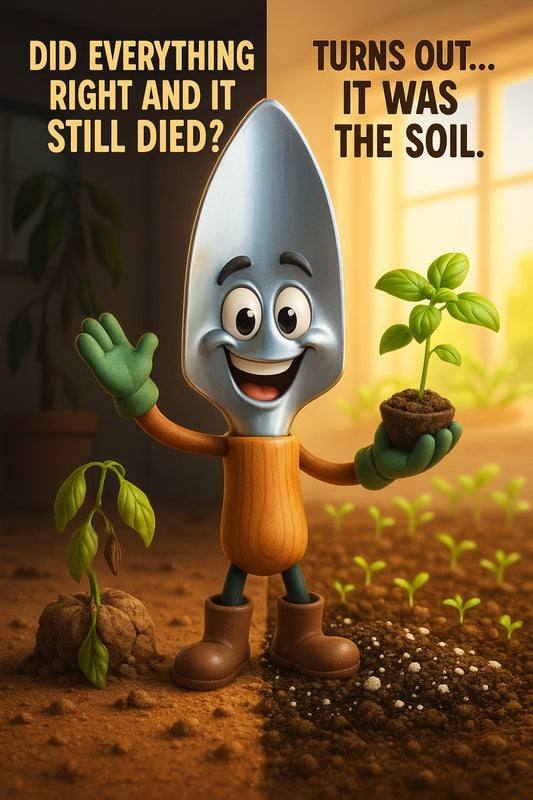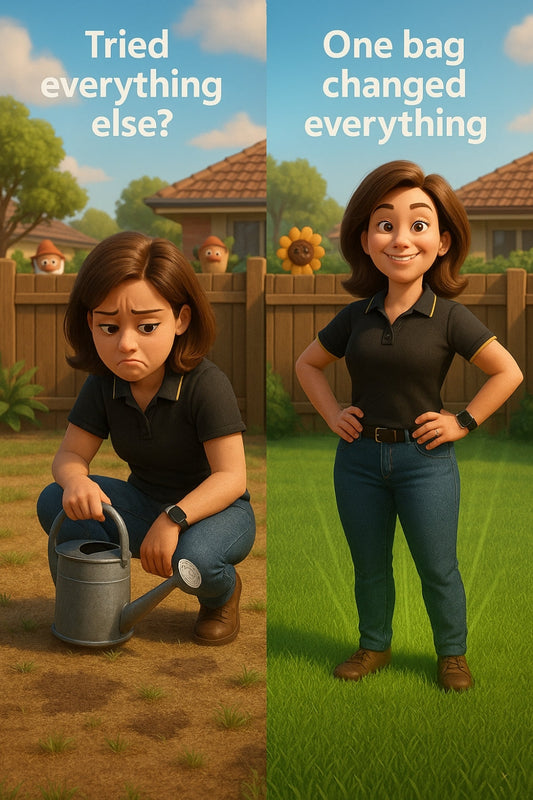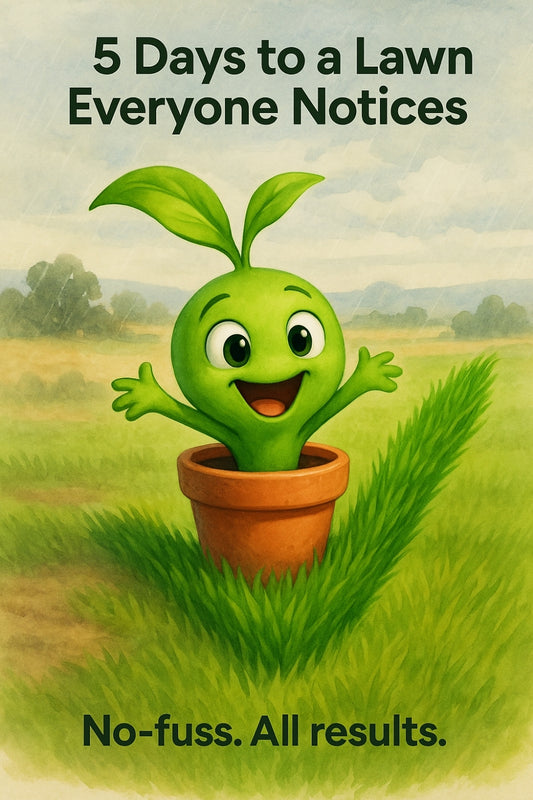Simple ways to compost kitchen waste for vegetable gardens
Share
Easy Ways to Turn Kitchen Scraps into Garden Gold
Picture this: you're chopping veggies for dinner, and instead of tossing the scraps into the bin, you’re creating nutrient-rich compost that will make your garden thrive. Sounds like magic, right? The best part—it's ridiculously easy to do!
Why Compost Your Kitchen Waste?
Food scraps make up a huge portion of household waste, and rather than letting them rot in a landfill, they can be put to work in your veggie garden. Composting improves soil structure, boosts plant growth, and helps retain moisture, meaning less watering for you. Plus, it's a natural way to fertilise your plants without harsh chemicals.
Simple Composting Methods for Beginners
Think of composting as a recipe—mix the right ingredients, give it a stir now and then, and let nature do the hard work. Here are a few straightforward ways to get started.
1. The Traditional Compost Bin
If you’ve got a bit of yard space, a compost bin is a great choice. You can grab a ready-made bin or DIY one with wooden pallets or wire mesh. Here’s what to do:
- Layer your greens and browns: Kitchen scraps like fruit and veggie peels (greens) need to be balanced with dry leaves, cardboard, or newspaper (browns).
- Keep it moist but not soggy: Think of a damp sponge—too dry and nothing breaks down, too wet and it starts to smell.
- Turn it occasionally: Stirring it up helps speed things along and keeps it from getting smelly.
Before you know it, you’ll have rich, dark compost ready to sprinkle onto your garden beds.
2. The No-Fuss Compost Pile
If a compost bin feels like too much effort, go for a compost heap. Pick a spot in your backyard, layer food scraps with garden waste, and let nature take over. Just keep it covered with dry leaves or straw to keep pests away and moisture in.
3. The Bokashi Bin for Small Spaces
Don’t have a big yard? A Bokashi bin fits right into any kitchen and is perfect for fermenting food scraps—even meat and dairy, which don't go into traditional compost! The process uses a special bran to break down waste quickly and with minimal odour. After a couple of weeks, you can bury the fermented scraps straight into your garden to enrich the soil.
4. Worm Farms – Nature’s Tiny Workers
Worm farms are a fantastic way to compost in small spaces. These little wrigglers turn food scraps into nutrient-rich worm castings and liquid fertiliser, both of which are liquid gold for garden veggies. Just give them fruit and vegetable scraps (avoid citrus and onions), and they’ll reward you with some of the best fertiliser around.
5. Trench Composting – The “Lazy” Method
Got veggie beds ready for planting? Dig small holes or trenches in your garden, throw in food scraps, cover them with soil, and let them break down naturally. In a few weeks, that spot will hold supercharged soil, perfect for new plant growth.
What Not to Compost
Some items don’t belong in your compost, as they can attract pests or slow down decomposition:
- Meat, dairy, and oily foods (unless using a Bokashi bin)
- Citrus peels and onion skins in worm farms (worms aren’t fans)
- Weeds that have gone to seed
- Glossy or treated paper
Watch Your Garden Flourish
Before long, your food scraps will transform into nutrient-packed compost, making your vegetable garden stronger, healthier, and more productive. Whether you go for a simple pile, a tidy bin, or a worm-powered setup, composting is one of the smartest ways to turn waste into something worthwhile.
Happy composting!
Cheers,
Candeece

Stay Connected
Join our gardening community on Facebook the Urban Gardener's Notebook
And follow our Store Facebook Page: Strathalbyn H Hardware on Facebook

